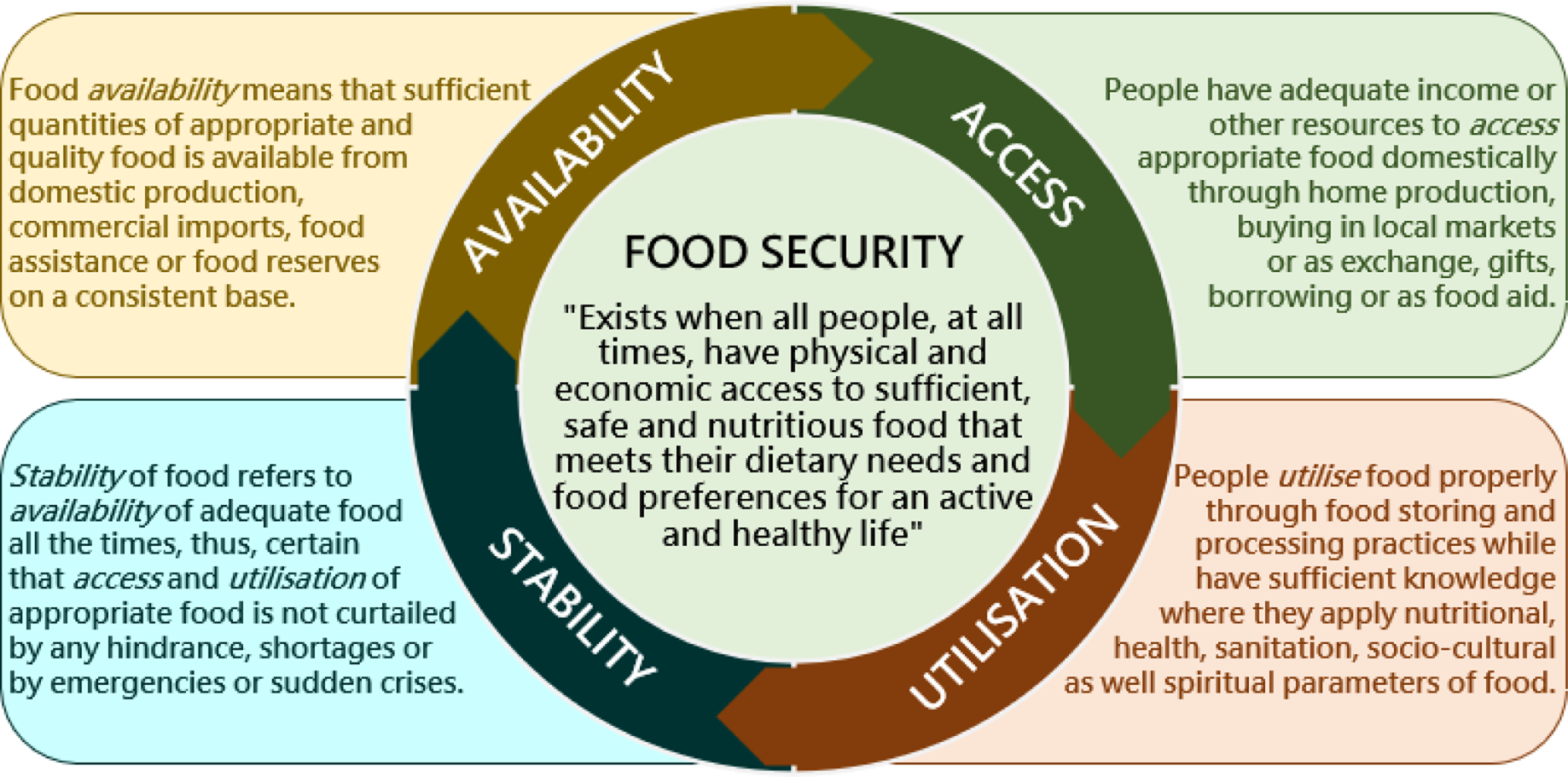Recent innovations in renewable energy technology are poised to accelerate the global transition away from fossil fuels. Solar panels with higher efficiency rates and advanced wind turbines capable of operating in low-wind conditions are leading the way in sustainable energy solutions.
Researchers are developing hybrid energy systems that combine solar, wind, and battery storage, providing reliable and consistent power for residential, commercial, and industrial applications.
Impact on Global Energy Markets
The adoption of advanced renewable technologies is reshaping energy markets worldwide. Countries investing in renewable infrastructure are experiencing reduced reliance on imported fossil fuels, enhancing energy security and stabilizing long-term costs.
Investors are increasingly prioritizing renewable energy projects, recognizing their potential for profitability alongside environmental impact. Stock markets for green energy companies have seen sustained growth as global demand rises.
Government Policies and Incentives
Government incentives play a crucial role in driving renewable energy adoption. Tax credits, subsidies, and favorable regulations encourage both private and public sector investment in clean energy projects.
International agreements, such as the Paris Climate Accord, reinforce the importance of renewable energy, with nations committing to emissions reduction targets and sustainable development goals.
Challenges in Implementation
Despite technological advancements, challenges remain in scaling renewable energy infrastructure. High initial costs, energy storage limitations, and integration with existing power grids pose obstacles.
Energy planners are exploring smart grid solutions, advanced battery storage, and decentralized energy systems to overcome these challenges, ensuring that renewable energy can meet growing global demand.
Future Outlook and Innovation
Experts predict that renewable energy will account for a majority of global electricity generation by 2040. Continued research in materials science, AI-driven energy management, and energy-efficient technologies will further enhance performance and accessibility.
Communities and industries adopting clean energy solutions benefit from reduced environmental impact, lower operational costs, and improved resilience against climate-related disruptions.
FAQs
What recent advancements have been made in renewable energy?
Higher-efficiency solar panels, advanced wind turbines, and hybrid energy systems combining storage solutions are key innovations.
How do renewable technologies impact energy markets?
They reduce dependence on fossil fuels, enhance energy security, and attract investment in green projects.
What role do governments play?
Governments provide incentives, subsidies, and supportive policies to accelerate renewable energy adoption.
What challenges exist in renewable energy implementation?
High costs, energy storage limitations, and grid integration are major challenges that require innovative solutions.
What is the future outlook for renewable energy?
Experts predict renewables will dominate global electricity generation by 2040, supported by technology and sustainable infrastructure.
Conclusion
Breakthroughs in renewable energy technology are paving the way for a sustainable, low-carbon future. Solar, wind, and hybrid energy systems provide practical solutions for global energy needs, while government policies and private investment support widespread adoption.
Overcoming challenges in storage, integration, and cost will be essential to maximize the potential of clean energy. As innovation continues, renewable energy promises not only environmental benefits but also economic growth, energy security, and long-term resilience worldwide.





